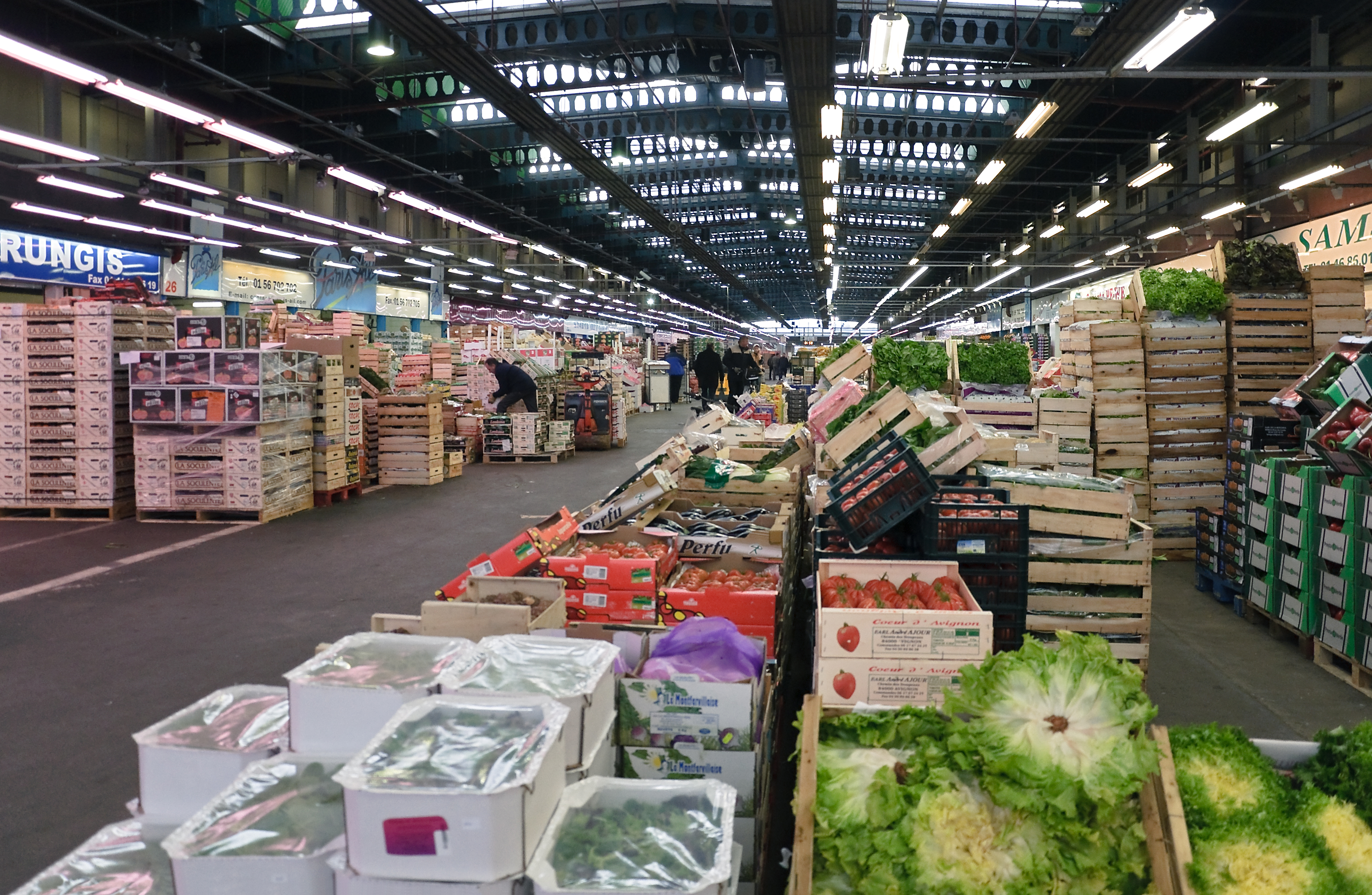Warehouse clubs have become a norm in our lives, evident in the fact that Costco is third in the top 100 retailers in the United States. With the growing dependency on warehouses, we should consider the environmental impact of bulk buying.
The benefit of buying bulk is quite self-evident: there’s less materials used for packaging. This is the most common environmental proponent of bulk buying presented to the public. While this is a simple statement, it does carry a lot of weight. Fewer materials used for packaging means less production, which entails less material and energy usage and less overall waste during the production process and after it. So yes, packaging wise, bulk is definitely the greener way to go.
However, there is an important thing we also have to consider about bulk items: merchandise sold in bulk generally falls into two categories of perishables and nonperishables. While the benefits of packaging minimization apply to both these categories, perishable items also carry the risk of food waste.
In the United States alone, around 31% of the food supply is wasted every year with consumer level waste making up 68% of that 31%. This goes to show that households in the US are not adequately equipped with the knowledge of food rationing, and bulk food purchases are one of the reasons why.
Food bought in large quantities run the chance of going bad before they are eaten, if the consumer remembers they were purchased in the first place. We have habits of pushing old things to the back of the fridge and pantry as we unload a new set of groceries, and as that accumulates, the 2 bottles of ketchup and half carton of uneaten blueberries fall subject to mold without ever having the chance to make it to the dining table. Although this is a bit contrived, I don’t think it is far from the reality of the habits of a typical household.
Ultimately, the environmental impact, as it always is, depends on the consumer. While bulk buying has its environmental benefits, we shouldn’t use it as the sole reason to buy bulk because we will end up doing more harm than good. We need to properly assess how much we really need to sustain our lives and avoid all waste, not just packaging waste alone. It might make sense for a restaurant owner to buy 10 cases of pudding, but it doesn’t mean it makes sense for the average household to do the same, no matter how tempting that is.
Written by Linda Shackles, Class of 2017

